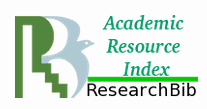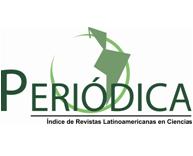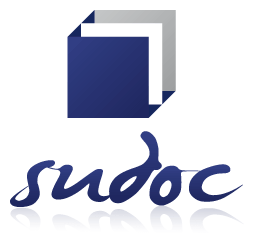EVALUATION OF PHYTOREMEDIATION AS AN ALTERNATIVE FOR THE TREATMENT OF DRILLING SLUDGE IN THE OIL INDUSTRY
Keywords:
drilling cuttings, phytoremediation, residual muds, removalAbstract
Introduction:
This research conducts a chemical characterization of drilling sludges generated in the oil industry, and evaluates the efficiency of hydrocarbon removal through phytoremediation.
Objective:
To evaluate phytoremediation as an alternative for the treatment of drilling sludge.
Materials and Methods:
Partial characterizations of the sludge and sludge-soil mixtures were performed, including pH, electrical conductivity, and total petroleum hydrocarbons. In addition, the removal of petroleum hydrocarbons in the mixtures after phytoremediation was also evaluated, as well as the adaptability of the plants.
Results and Discussion:
The results demonstrate that the concentration of total petroleum hydrocarbons is higher in the wet sludge compared to the dry one. High percentages of removal of these contaminants were also obtained after phytoremediation in both types of sludges. Sensory evaluation of the plants revealed a positive adaptability under the conditions of contamination to which they were subjected.
Conclusions:
By implementing the phytoremediation system over a period of 18 months, high efficiencies of petroleum hydrocarbon removal were achieved in both types of sludges. In addition, the phytoremediation plants have shown tolerance and adaptability to the presence of these pollutants. Based on the results obtained, it can be affirmed that phytoremediation can be an alternative in the treatment of mixtures of soil and residual drilling muds.
Downloads
Downloads
Published
How to Cite
Issue
Section
License

This work is licensed under a Creative Commons Attribution-NonCommercial 4.0 International License.




















